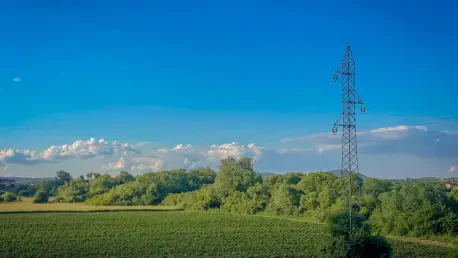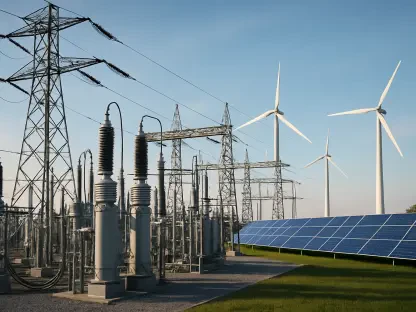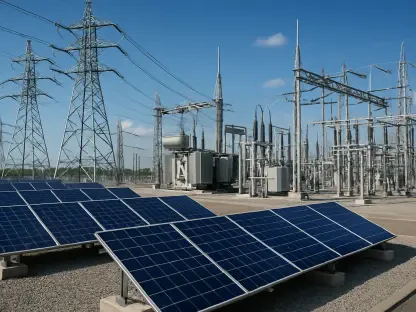The Federal Energy Regulatory Commission (FERC) has rejected the Midcontinent Independent System Operator’s (MISO) Expedited Resource Addition Study (ERAS) proposal. MISO aimed to fast-track the generation interconnection process for projects that address urgent resource adequacy and reliability needs. The proposed process included quarterly studies and expedited interconnection agreements within 90 days but lacked limits on project numbers, raising concerns among renewable energy advocates.
FERC highlighted that MISO’s plan did not specify limits on interconnection requests and available megawatts, potentially leading to longer processing times contrary to its goals. Commissioners David Rosner and Lindsay See argued that the proposed 14 ERAS entry opportunities through 2028 might hinder rather than expedite processing. Although Chairman Mark Christie disagreed with the decision, expressing confidence in MISO and state responsibilities, the majority of FERC underscored the plan’s deficiencies.
The decision was well-received by environmental entities arguing that ERAS could disproportionately benefit gas-fired over renewable projects. The Sierra Club and Earthjustice supported FERC’s move, emphasizing the importance of a fair, competitive environment for clean energy.
MISO plans to assess FERC’s decision and consider future actions in collaboration with stakeholders. This rejection highlights the ongoing tension in balancing rapid interconnections with maintaining fairness for clean energy initiatives, reflecting broader challenges and policy matters in the U.S. energy sector.









